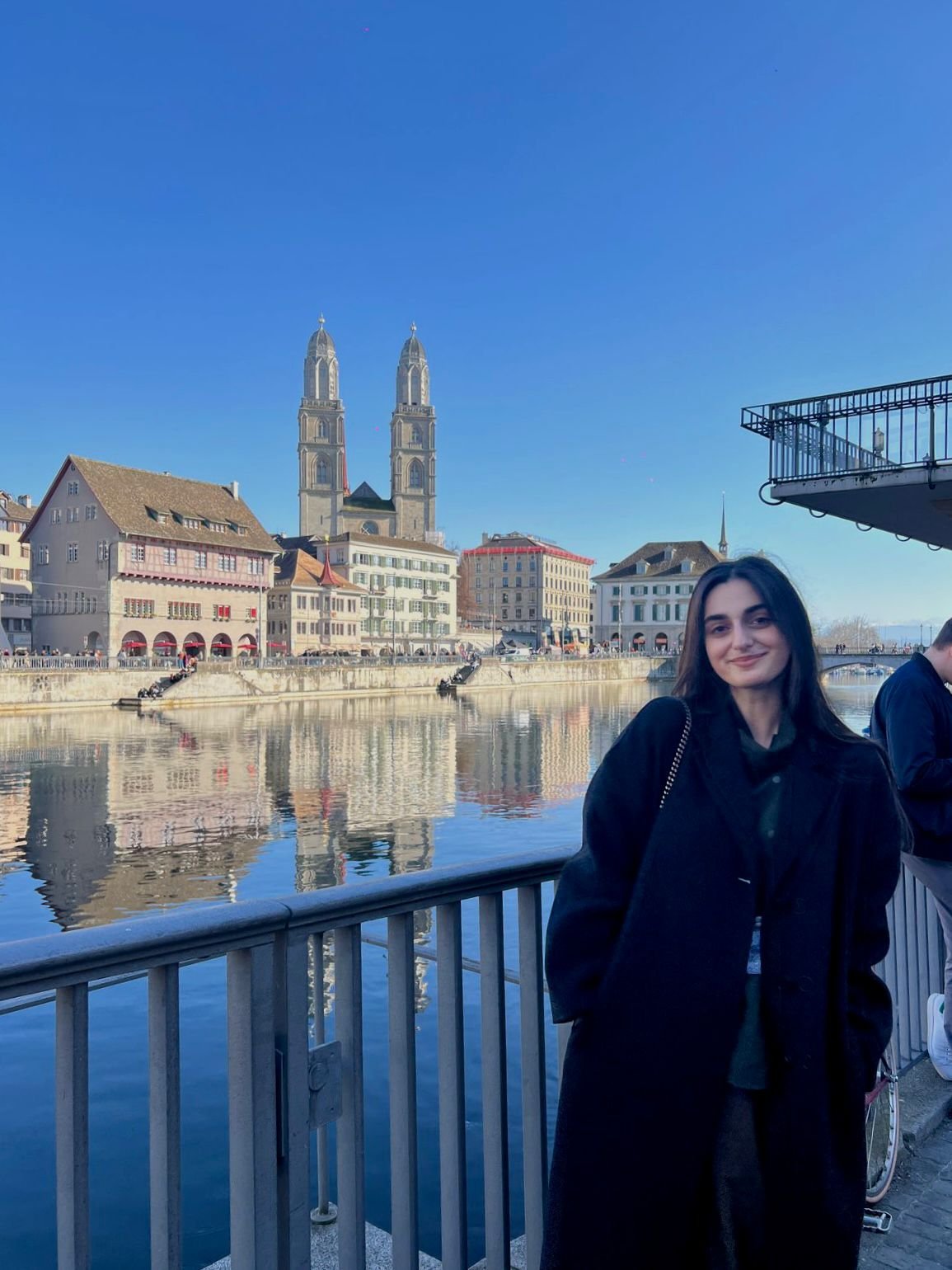Arbitration as a “peculiar animal”: finding clarity in chaos, memories from ICE Zurich
When I first landed in Zurich for the ELSA International Conference on Arbitration, I knew little about a topic usually viewed as niche and procedural. I also didn’t know that this very same subject would turn out to be one of the most dynamic and internationally relevant aspects of law I have encountered, encompassing everything from trade, data protection, space and sports. Nor did I expect the city itself, be it clean, calm, and composed, to reflect the very same values, making Switzerland one of the world’s most trusted arbitration hubs.
The conference, set against the charming backdrop of Zurich’s early spring landscape, brought together leading persons to explore the fundamentals and future of arbitration. From discussions on the Swiss Arbitration Rules to Investment Arbitration scandals, the sessions never ceased to surprise and stimulate me mentally. As someone with a strong interest in data protection and international sectors of legal practice, I found myself drawn to the topic.
Day one opened with a big question: why is arbitration so crucial in international trade? The answer, as we learned, lies in the New York Convention of 1958. Unlike court judgements, arbitration awards are enforceable across borders in signatory states-making it the gold standard for resolving transnational disputes. Add in advantages like neutrality, flexibility, confidentiality and enforceability, and you just begin to understand why states allow arbitration to flourish.
From UBS AT1 bond litigation to construction disputes between US suppliers and Egyptian manufacturers, the cases discussed made one thing clear-arbitration matters because the world is interconnected and messy. Jurisdictions clash, cultures differ, and contracts may fall apart. Arbitration is considered a structured calm in the global storm.
Switzerland’s role in this mechanism had become increasingly clear. The country is not just a scenic post-card-as stated by the deputy director for the Swiss Arbitration Association. It is an ecosystem built for fair and efficient dispute resolution. Even on an institutional level, the “Swiss system” provides options that are tailored to match the complexity of a given dispute, from ordinary to expedited proceedings.
By day two, we had the opportunity to put our knowledge of the Swiss Arbitration Rules, albeit rudimentary, to the test through interactive exercises. Things like applicable law, language of the proceedings, and the clauses themselves determine how proceedings can go. In my view, it was a system even law students could follow and comprehend.
Day three brought us to the realm of Sports Arbitration as well as corruption matters in investment arbitration disputes. These sessions were as exciting as any football match, where things like the role of EU law in CAS proceedings were debated and discussed, and high-profile cases like Mutu and Pechstein v Switzerland were discussed.
Having the opportunity to meet lawyers from Lalive, Archipel, Monteneri Sports Law and Levy Kaufmann-Kohler, students with no prior experience like myself were completely immersed in the inherently diverse and international nature of Arbitration. What particularly stood out to me was the candour with which each practitioner spoke on their relevant sector. They explained the “why” behind any case they mentioned, and this transparent approach is what made the field feel both serious and comprehensive.
Of course, the social programme crafted by the Organising Committee of ELSA Switzerland was equally enjoyable; with dinners consisting of Swiss fondue, wine, nibbles and raclette, all of which added to the authentic Swiss experience of scenic views and particularly great weather for early March.
In the end, ICE Zurich truly was a transformative experience. The conference itself forced all attendees to truly challenge their views on arbitration, as well as expose themselves to its multi-faceted nature. Although once a blurry subsection of international law, it has now easily become a career path that would suit anyone considering an international career within legal practice. If you aren’t keen on a typical litigation-based path, if you like travelling and learning about laws on nuclear factories in Finland or want to represent your favourite football players in dispute proceedings against football clubs, arbitration might just be the right path for you.
Written by Nina Polychronidou



